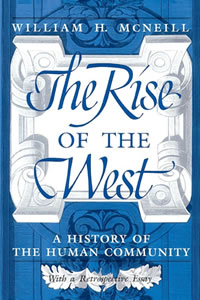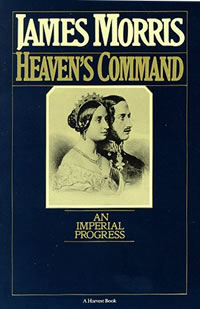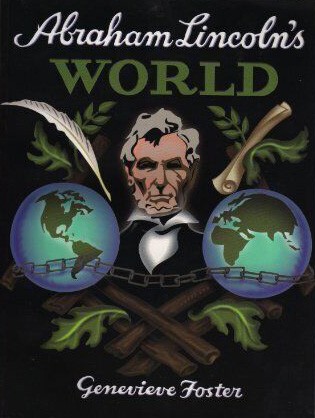Professor of History, 1966–1999

As I reflected on the three books I chose to represent my intellectual and teaching approach to history, I was surprised to see that they had much in common. Firstly, all three are, to use a current word, global histories. From childhood I found explorers, royalty, revolutions, and change both appealed to and sparked my imagination. At least for me, imagination was and still is my connection to history. Secondly, these books are all largely narrative. Even in graduate school and beyond as I read professional monographs I found that it was still the stories that spoke to me and the students. In fact, for a number of years I rejected using the Morris books in my classes considering them “merely” narrative until availability forced me to turn to them. What I found was that, just as for me, the students would get excited about the stories and by analyzing them through discussion see the connection between the specific and the general. Thirdly, all of these books are to some degree comparative. By dealing with a wide range of places and times as I read them I could not avoid thinking about differences and similarities. And for me, and hopefully for my students, these comparisons force us to develop our own ideas.
Until thinking about these three books I had not actually seen these connections. There was a remarkable symbiotic relationship between what these books represent and what and how I taught. In thirty-two years at Pitzer I taught more than thirty different courses constantly learning new material and through discussions could join with the students in the excitement and enjoyment of learning.
 The Rise of the West: A History of the Human Community (1963) by William H. McNeill
The Rise of the West: A History of the Human Community (1963) by William H. McNeill
 Heaven’s Command: An Imperial Progress (1973) by Jan (James) Morris
Heaven’s Command: An Imperial Progress (1973) by Jan (James) Morris
 Abraham Lincoln’s World (1944) by Genevieve Foster
Abraham Lincoln’s World (1944) by Genevieve Foster